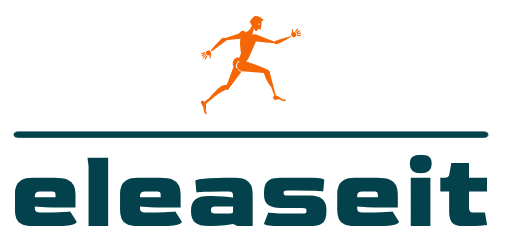Introduction
Gaining weight and building muscle mass can be a challenging journey for many individuals. While much attention is often given to weight loss, there are also those who struggle to pack on the pounds in a healthy and sustainable way. Fortunately, with the right approach and effective exercises, achieving weight gain and muscle growth is entirely possible.
Strength Training: The Foundation of Weight Gain
Strength training forms the cornerstone of any effective weight gain program. By engaging in resistance exercises, individuals can stimulate muscle growth and development. Compound exercises such as squats, deadlifts, bench presses, and rows target multiple muscle groups simultaneously, allowing for maximum muscle activation and growth. Aim to incorporate these compound movements into your workout routine at least two to three times per week.
Progressive Overload: The Key to Muscle Growth
Incorporating the principle of progressive overload is essential for continuous muscle gains. This involves gradually increasing the intensity, volume, or resistance of your workouts over time to challenge your muscles and stimulate further growth. Whether it’s adding more weight to your lifts, increasing the number of repetitions, or reducing rest periods between sets, strive to consistently push your body beyond its limits to promote muscle hypertrophy.
Focus on Compound Movements
When it comes to weight gain, not all exercises are created equal. While isolation exercises have their place in a workout routine, prioritizing compound movements is crucial for maximizing muscle growth. These multi-joint exercises recruit multiple muscle groups simultaneously, allowing for greater muscle activation and overall strength development. Incorporate a variety of compound movements into your workouts to target different muscle groups and ensure balanced growth.
Prioritize Progressive Overload
To continue making progress and building muscle mass, it’s essential to challenge your body with increasingly heavier weights or higher resistance levels. Progressive overload is the key to stimulating muscle growth over time. Keep track of your workouts and strive to gradually increase the intensity or volume of your training sessions. Whether it’s adding an extra rep, increasing the weight, or reducing rest periods between sets, consistently pushing your limits will ensure continual gains.
Nutrition: Fueling Muscle Growth
In addition to a well-structured workout routine, proper nutrition is paramount for supporting muscle growth and weight gain. Aim to consume a balanced diet rich in protein, carbohydrates, and healthy fats to provide your body with the necessary nutrients for muscle repair and growth. Focus on lean protein sources such as chicken, fish, eggs, and dairy, along with complex carbohydrates like whole grains, fruits, and vegetables. Adequate hydration is also essential for optimal muscle function and recovery, so be sure to drink plenty of water throughout the day.
Rest and Recovery: Essential for Muscle Growth
While consistent training is vital for muscle growth, adequate rest and recovery are equally important. Muscles grow and repair during periods of rest, so be sure to prioritize sleep and recovery days in your training regimen. Aim for 7-9 hours of quality sleep each night to allow your body to fully recover and recharge. Additionally, incorporate active recovery techniques such as stretching, foam rolling, and light cardiovascular exercise to promote blood flow and alleviate muscle soreness.
Consistency is Key
Ultimately, achieving weight gain and building muscle mass requires dedication, consistency, and patience. There are no shortcuts or quick fixes when it comes to transforming your body. Stay committed to your workout routine, prioritize proper nutrition and recovery, and trust in the process. With time, effort, and perseverance, you can achieve your weight gain goals and cultivate a stronger, healthier physique. Read more about weight gain tips exercise






